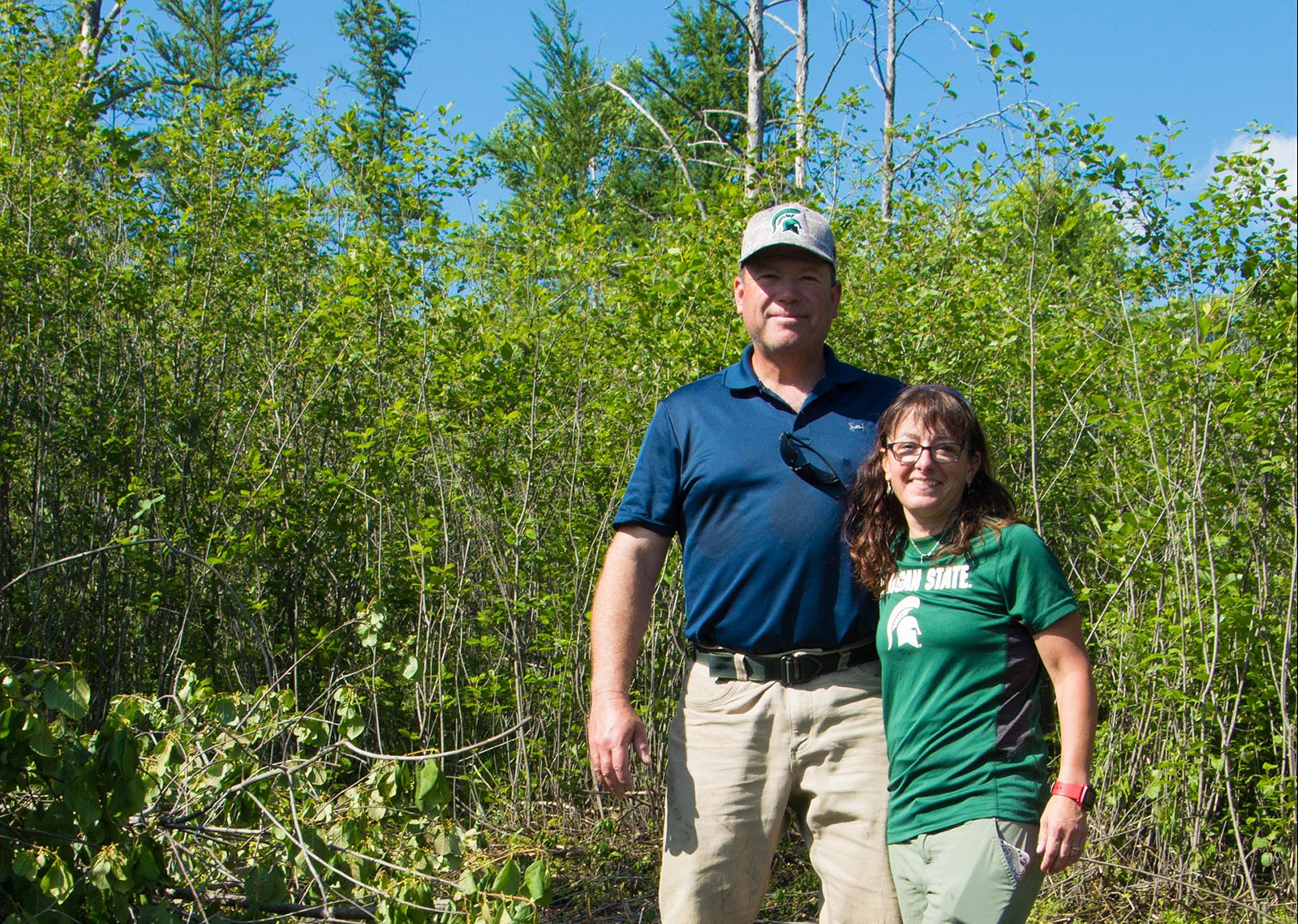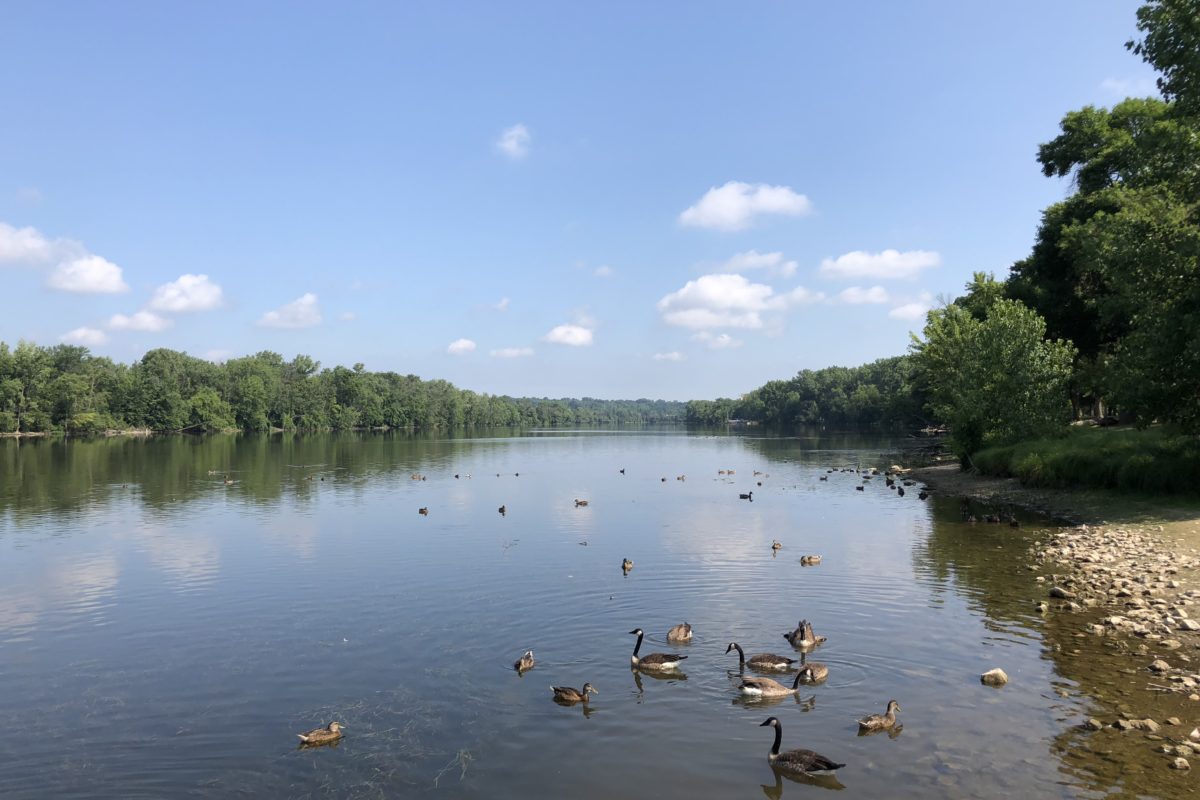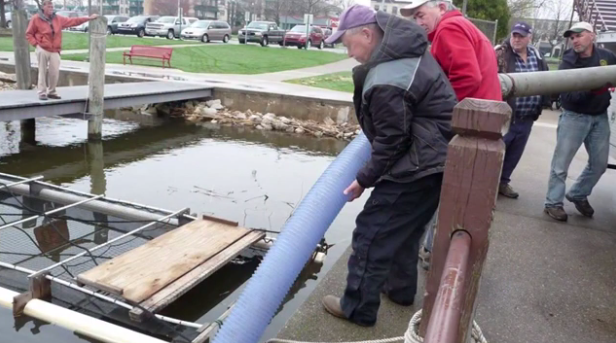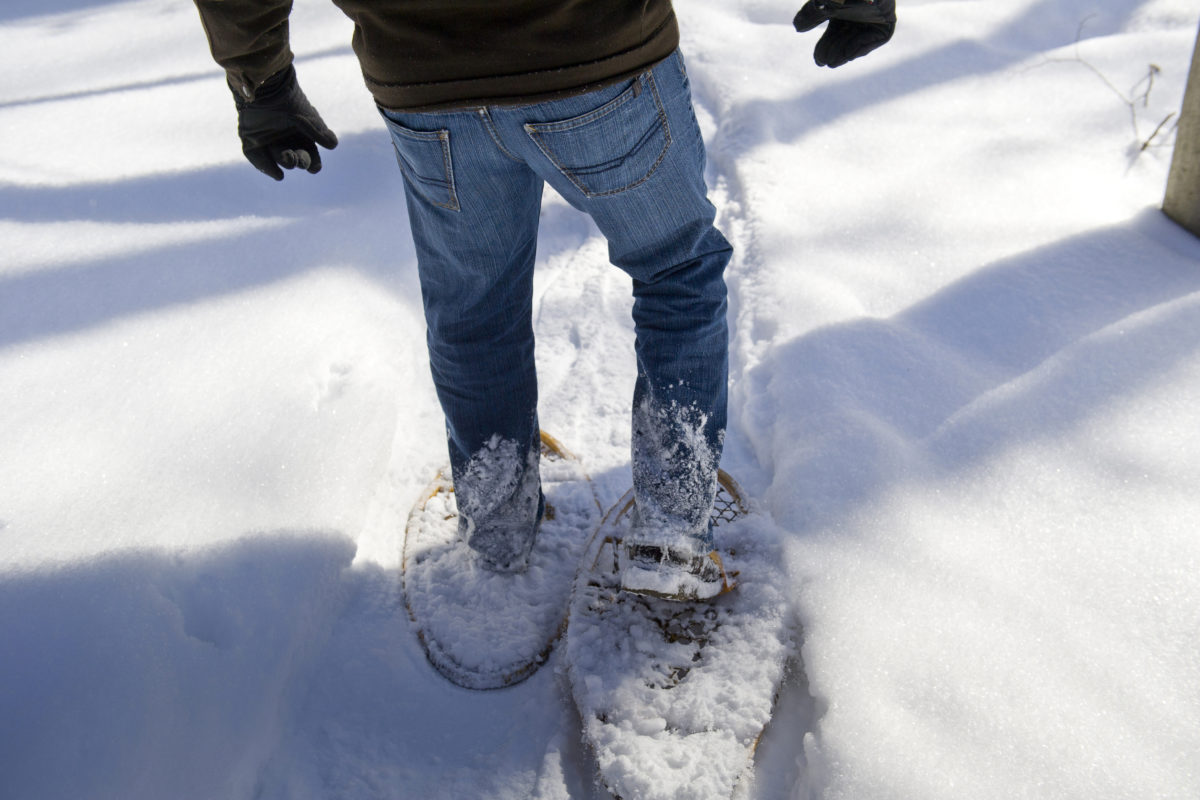Volunteers Betsy Pollock and Steve Powell were searching for invasive plants.
Along the way they found each other.
“It’s a wonderful thing when your hobby, interests and your love life come together.” says Powell. “I’m a very lucky guy.”
Pollock and Powell are both longtime volunteers with the Michigan Department of Natural Resources (DNR) Volunteer Steward Program. Created in 2006, the program utilizes volunteers to restore and maintain native ecosystems in 20 state parks across southern Michigan.
“Volunteers like Steve and Betsy help preserve our parks by removing invasive plants like garlic mustard so that native plants and animals can thrive,” said Laurel Malvitz-Draper, a DNR natural resource steward.
In southeast Michigan, Volunteer Steward Program workdays are held year-round in Bald Mountain, Brighton, Highland, Island Lake, Pinckney and Waterloo recreation areas as well as Algonac, Belle Isle and Sterling state parks.
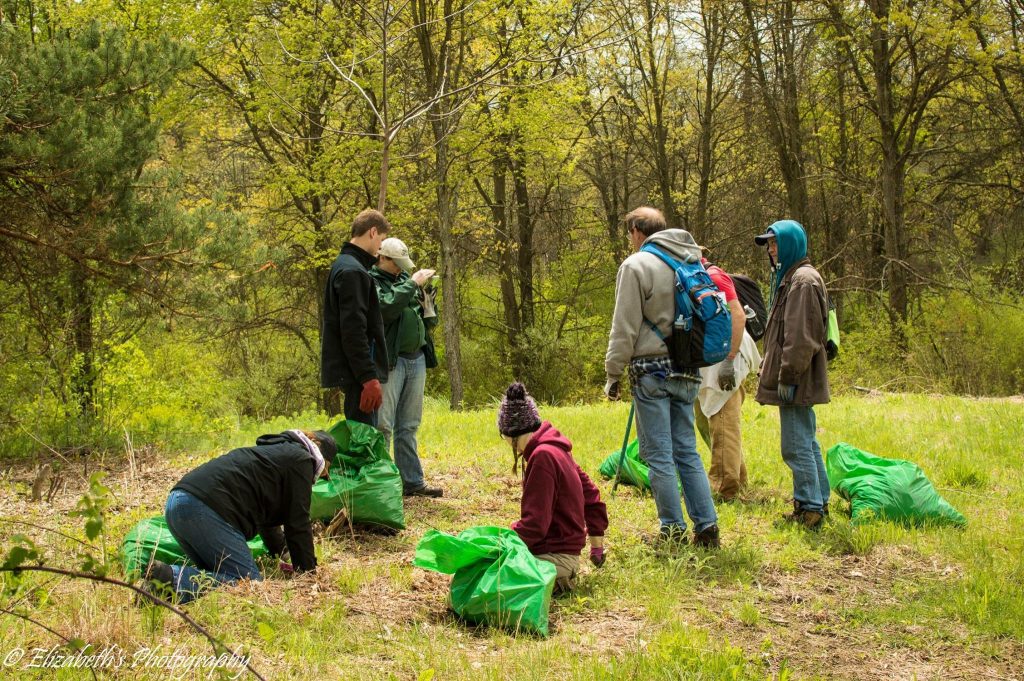
Volunteers are at the heart of Michigan conservation and management. That is because much of the day-to-day conservation efforts come from grassroots volunteers allied with nonprofit organizations, local and state agencies, and philanthropic groups, according to the Michigan Wildlife Council.
The Michigan Wildlife Council was created three years ago to promote the importance of conservation and wildlife management to the state’s natural resources and outdoor traditions.
“We are so lucky in Michigan to have thousands of residents – men and women, young and old – volunteer their time to help protect and preserve our forests, waters and wildlife,” said Matt Pedigo, chair of the Michigan Wildlife Council. “Volunteers play an important role in conserving our state’s natural resources. They really are an incredible complement to the wildlife management practices taking place every day – practices which many may not realize are primarily funded by hunting and fishing license dollars.”
Through the Volunteer Steward Program, everyday people work alongside natural resource professionals, learning about Michigan’s plants, animals and ecosystems. Workdays, which are listed online, typically last three hours.
Working in teams, the volunteer stewards not only help control the spread of invasive species but also collect native seeds, plant native species, conduct rare plant and animal surveys, and map the extent of invasive species’ presence in state parks and recreation areas.
Michigan residents volunteer about 10,000 hours annually with the DNR.
Pollock and Powell, both born and raised in Southeast Michigan, met in 2013 while cutting down invasive shrubs during a Highland Recreation Area workday. They began dating in 2015.
Powell, 57, is retired from a career in public safety and has donated more than 1,000 hours with the Volunteer Steward Program since 2007.
“[Steve] has been my go-to person for scouting invasive plants and areas to work in at Highland Recreation Area for many years,” Malvitz-Draper said. “He has been leading volunteer workdays, especially during the spring for garlic mustard removal, for many, many years and knows many of the sites as well as – or better than – I do.”
Pollock, 47, has been a volunteer steward since 2012 and has logged nearly 400 hours in the field. She often leads workdays in the parks and conducts field surveys to help determine where to focus volunteer efforts.
“Her enthusiasm for nature and eagerness to learn is so fun to be around,” Malvitz-Draper said.
Volunteer Steward Program workdays are open to everyone. All equipment and supplies needed for the work are provided. The DNR recommends that volunteers wear work gloves, closed-toe boots and long pants for workday activities.
“Whether you’re someone who is kind of interested in being outdoors but doesn’t know anything about it or you’re a volunteer steward who has been around for years, everyone is welcome to come help,” Malvitz-Draper said.
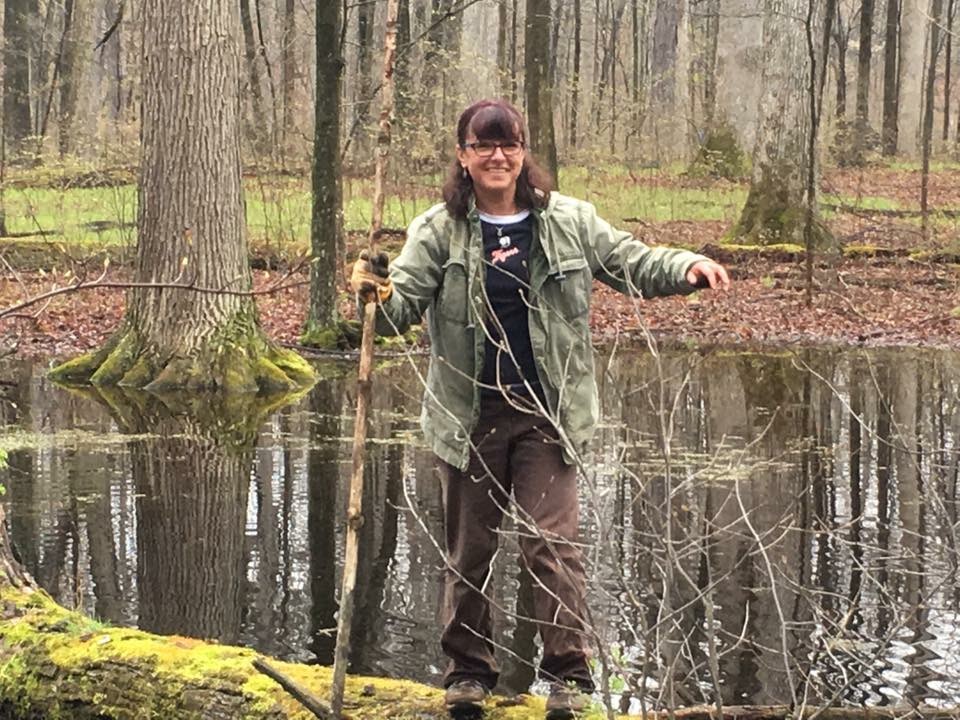
Like many others, Pollock began volunteering as a way to meet new people with similar interests.
“The hardest part is getting people to volunteer the first time. Once they’re out there with all these great people, learning about these wonderful ecosystems, plant identification, and fresh air, they’re hooked,” Pollock said.
Powell and Pollock usually volunteer two weekends per month.
“People think you’re kind of crazy. But we think it’s a special way to spend a few hours on a weekend and a nice excuse to be outdoors,” Powell said.
“Not to mention, we get to spend time together,” Pollock added.
